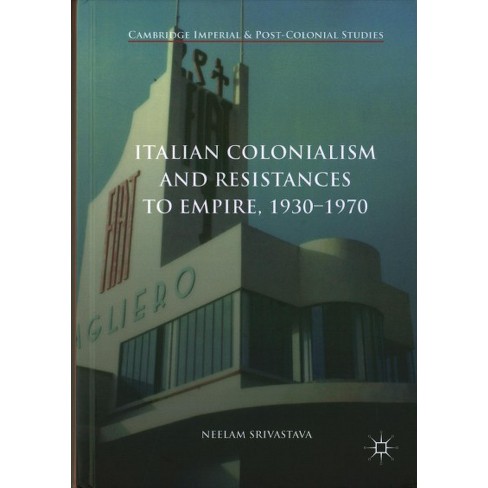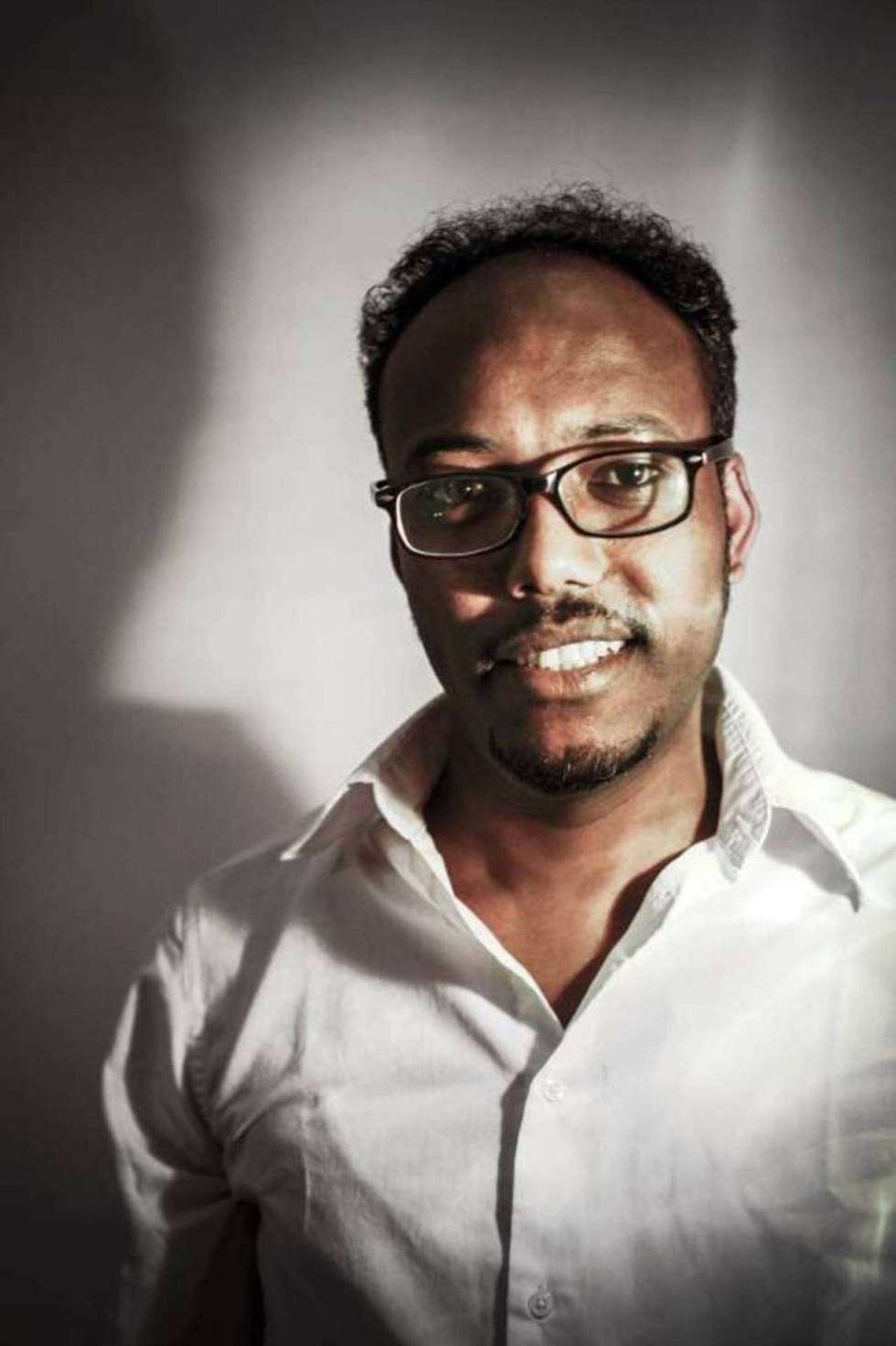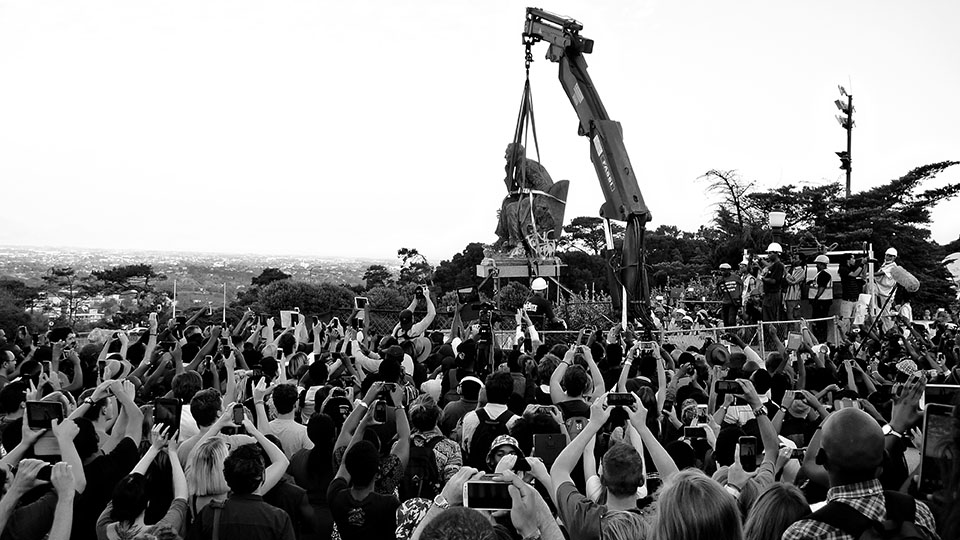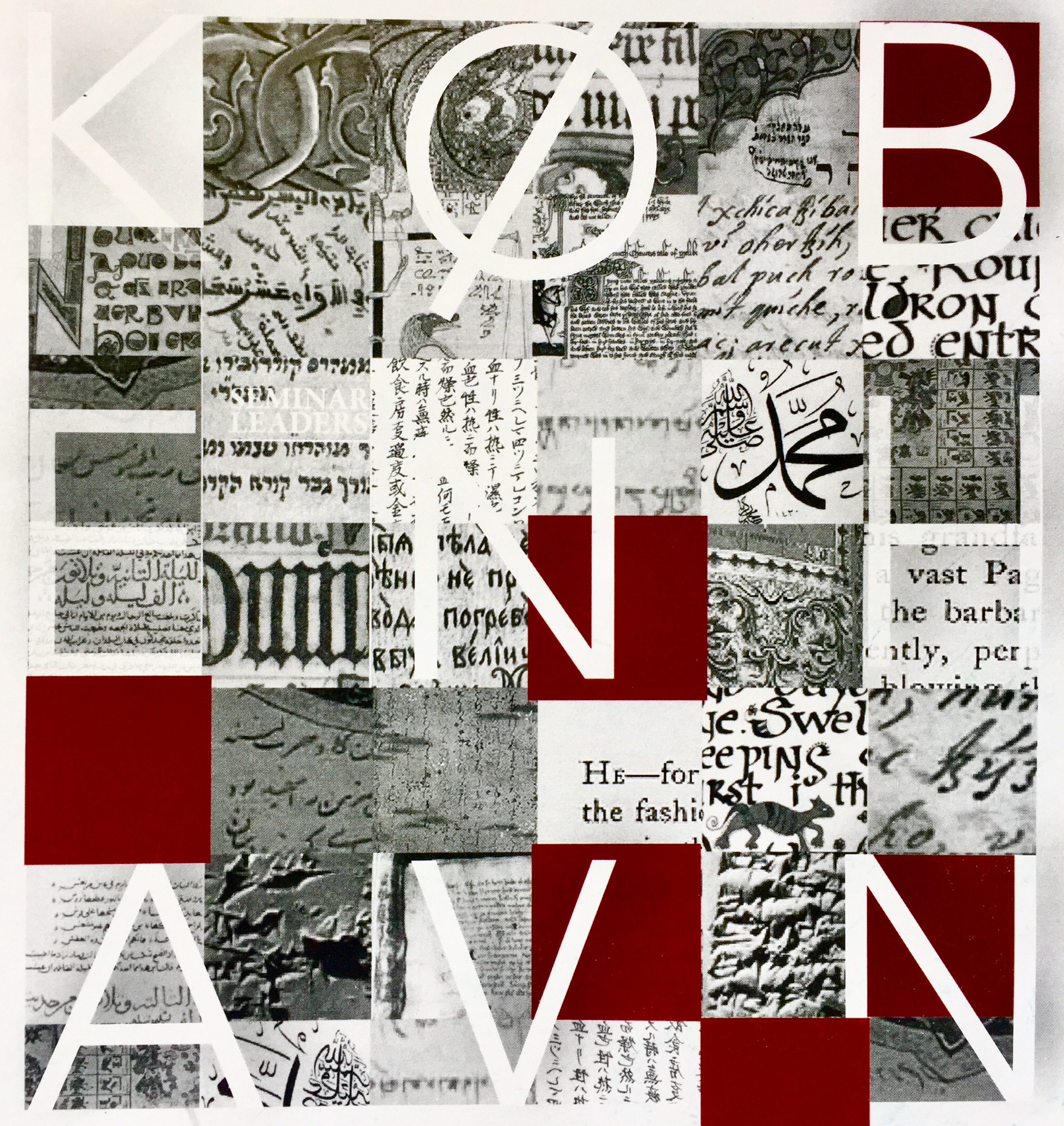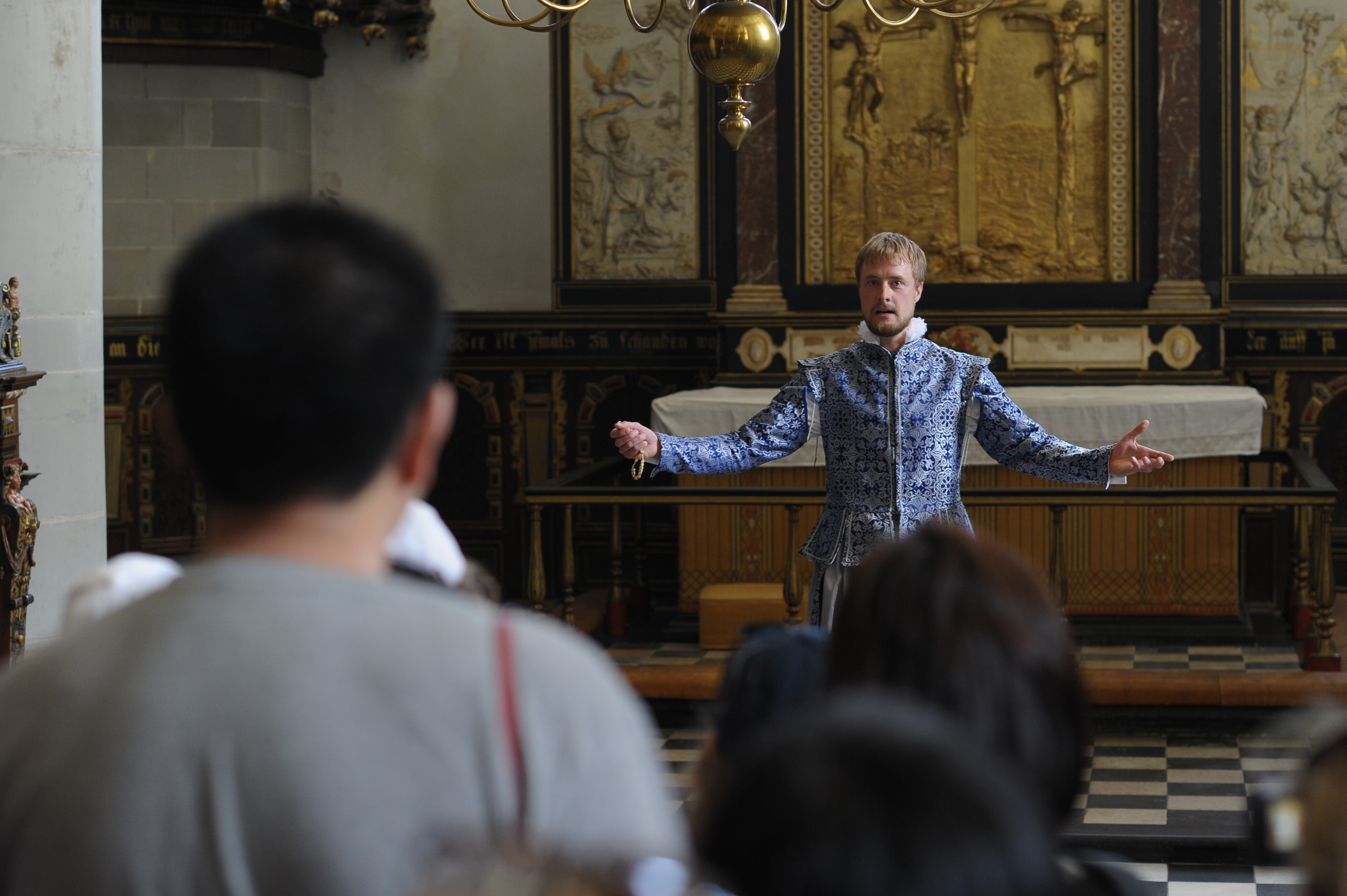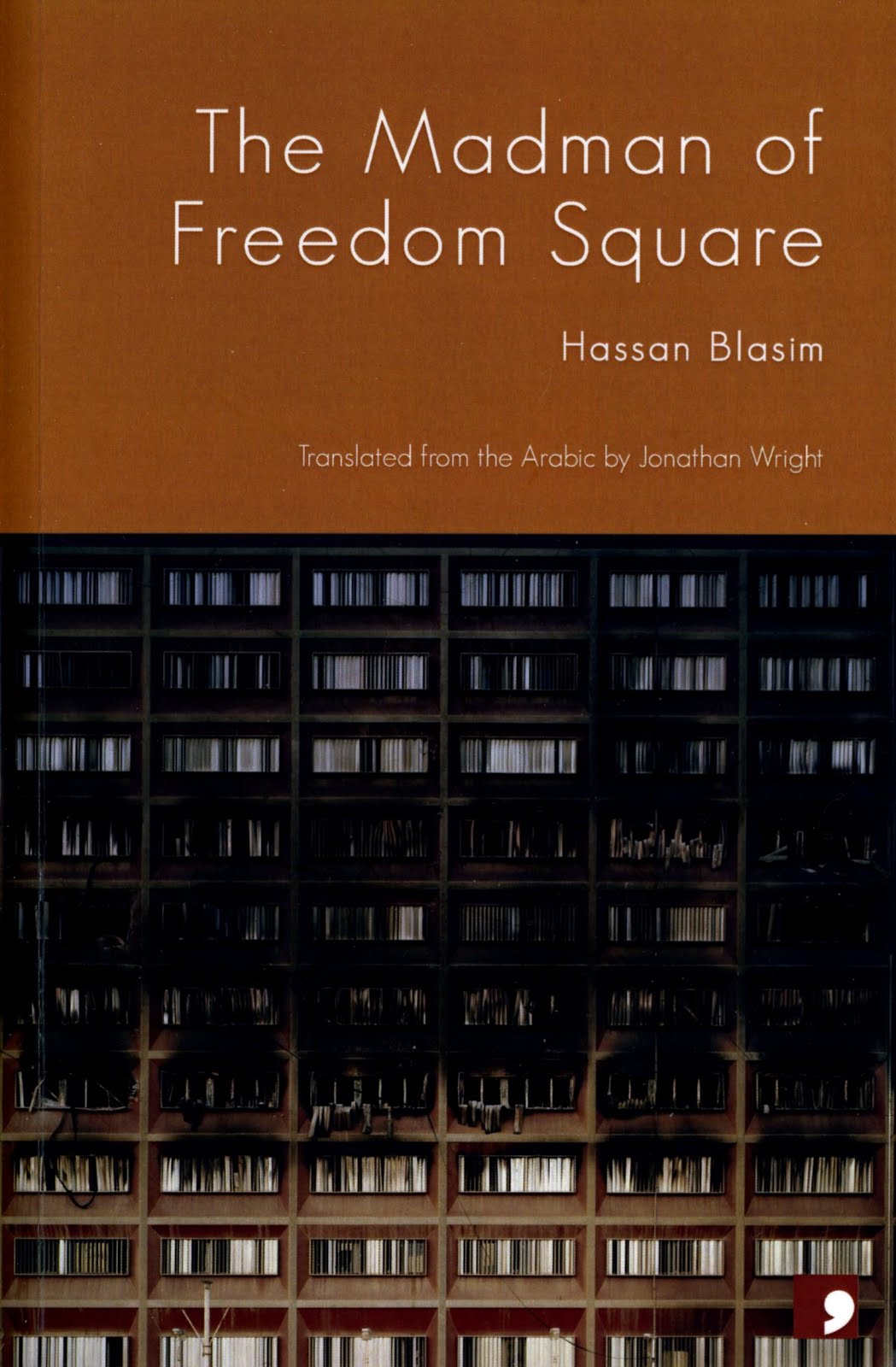For each region, we ask where ideas of what constitutes “good” literature and even literature itself comes from.
Ethiopia and the convergence of antifascist and anticolonial activism in the 1930s
Dr Sara Marzagora reviews Neelam Srivastava's new book "Italian Colonialism and Resistances to Empire, 1930-1977"


